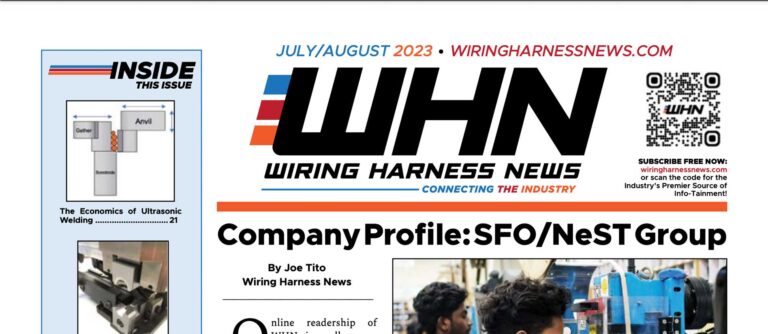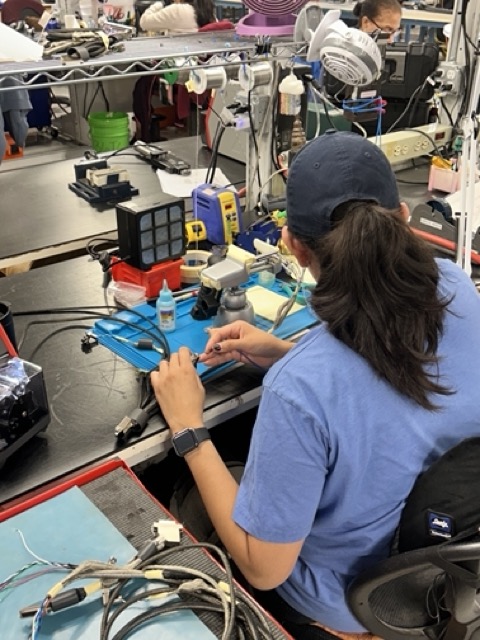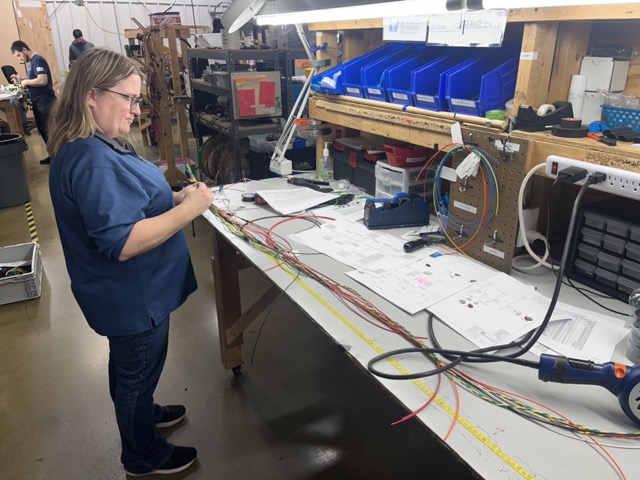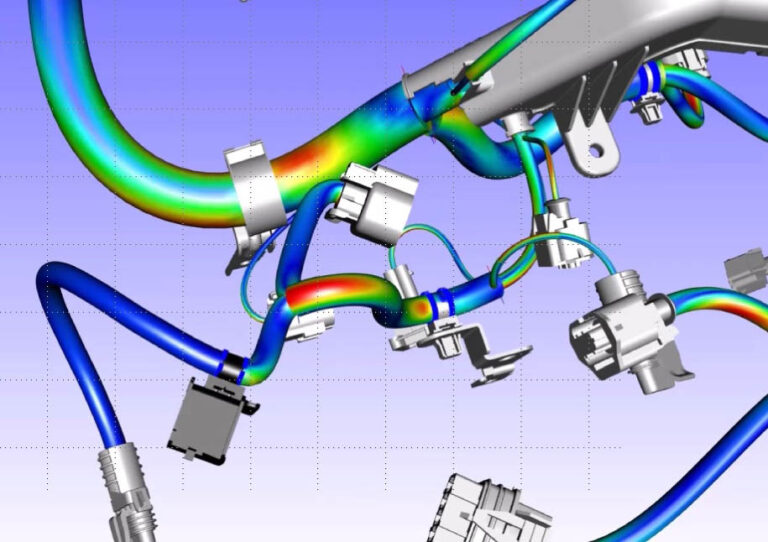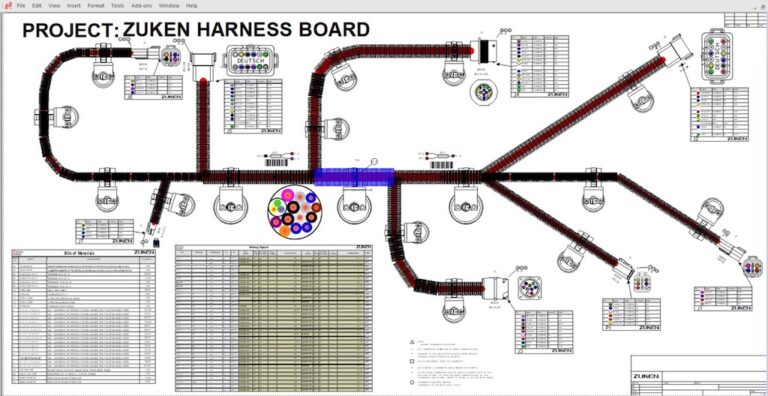Leadership: Putting Insights Into Action – Sept/Oct 2022

Tip 10 Tip: Don’t Ignore Your Inner Compass
When I started this series of sharing the Top 10 Tips gleaned from leading manufacturing companies (and their leaders), I planned to share this tip last. I had pretty much shaped the column in my mind and had begun writing it when out of the blue, a friend of mine lent me a book that covers this topic very well. The book: The Bomber Mafia, by Malcom Gladwell.
Although the book uses WWII as a backdrop and speaks specifically about how technology can alter the course of human life, and in particular how wars are fought, it clearly identifies the unique critical elements required for invention, radical innovation and technical advancement.
In our manufacturing world today, similar to how armies and navies were structured and run in those days, adherence to process and discipline is and was revered and rewarded and doing things differently than the accepted practice was not tolerated. Its not surprising then that history altering, paradigm changing technologies, do not come from within large, established organizations, but from outside of them – and usually by people that don’t fit well in those kinds of large organizations.
The book articulates key concepts better than I could: 1) having a clear picture of something that’s not yet in existence “in your mind’s” eye (I’d call than “vision”); 2) having the tenacity, or as Gladwell refers to it as “obsessiveness”, to see something through to completion despite a world of barriers and a legion of naysayers (I’d call that “entrepreneurship” – the ability to create something tangible and beneficial from nothing); and 3) the ability to attract and engage others into your dream as full heartedly as you are yourself (I’d call that “leadership”). I haven’t finished the book yet – I’m only on page 30 as I’m writing this, but each new page seems to have another “aha – that’s it!” example of this special ingredient that I suggest is the primary differentiator between good companies and great companies; the best companies I had the pleasure of working with over the last 40 years had leaders that understood the importance of consensus, delegation, operational discipline, effective communication and team building. But even more important than all of that, they had leaders that trusted their inner compass.
Think of it another way. No one gets to lead by following. If you’re the best adherent of a policy, or the best practitioner of a proven practice, you can get medals pinned to your chest and move up in the ranks, and maybe even be the top dog one day yourself. But will that change the course of history, or will that create the next technology or the next new market? No, it won’t. If you want to differentiate your company, you can’t just aim to do everything as well or better than all your competitors, you have to do something significantly different. And being able to sense what that is, is where the “internal compass” comes in.
Many people make the mistake of believing that everything needs to be properly mapped out, organized, and understood, prior to committing to a course or pursuing a goal. That would be true – if you are content to being only as good as someone else in your space, or perhaps just a little bit better. (If you follow “the Toyota way”, for example, would you really expect that to take you beyond what they’ve achieved as a great company, or are you hoping just to do it well enough just to pass a few people in your space?)
One of the most influential people in my (business) life recently shared with me why he never did patent searches and never looked at his competitors’ products, literature or websites; if he was setting out to do something new and different, he didn’t want to be influenced by decisions and directions others had chosen to take. He saw something “in his mind’s eye” that he wanted to apply himself to thoroughly, without being unwittingly pulled off course by paying more attention to what others had done than to what was taking shape in his mind. If you are perfecting what others had done, you are still “following” – you are not leading until you finally eclipse them – if you indeed eventually do. The best companies I observed weren’t doing their own thing purely out of a smug sort of arrogance of “not following anyone”, they were (and still are) following an internal compass that is pointing to their true north. The fact that they are successful shows that they have good internal policies, strong committed teams with great communications, and affirms they have good products and loyal customers. But to be an exceptional company, doing exceptional things and accomplishing exceptional goals, takes more than that; it takes leaders that are willing – and able – to follow their internal compass, even though all the maps aren’t yet complete. That’s the ingredient that some companies have but that most don’t.
My final thought on this point as I reflect on the first 9 of the Top 10 Tips I shared in this series: many of the first 9 tips may seem counter-intuitive, but most of the leading companies I gleaned these Top 10 Tips from were doing 7, 8 or even all 9 of them. To me, this indicates that they are companies that aren’t just following an approved playbook, they are in the habit of always paying close attention to their inner compass.













